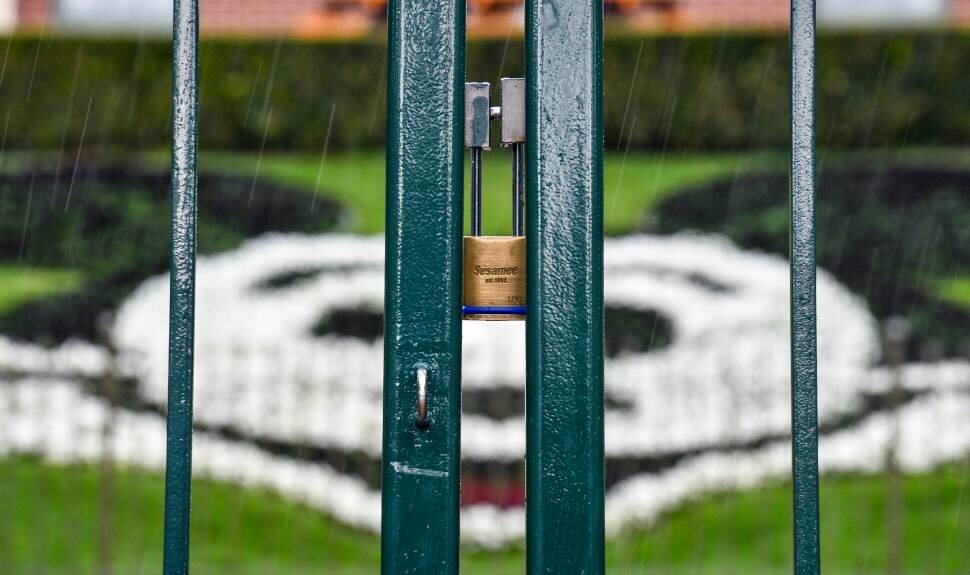Wild Adventures in Valdosta, Georgia spent the park’s offseason renovating, expanding and creating new areas for guests to enjoy during the upcoming season - including a new, immersive animal experience. The park’s existing tiger habitat has been renovated to include a new viewing area that allows guests to step into the habitat and come face-to-face with the tigers. All of this, just in time for the park’s 25th anniversary.
“One of things we’ve focused on in the past few years is setting the stage for our guests to have unique and up-close encounters with amazing creatures…Tiger Terrace is part of our commitment to providing exciting educational opportunities for our guests as well as our commitment to continue to improve and grow Wild Adventures.”
Immersive experiences are the future of entertainment.
The Appeal of Immersive Guest Experiences


















